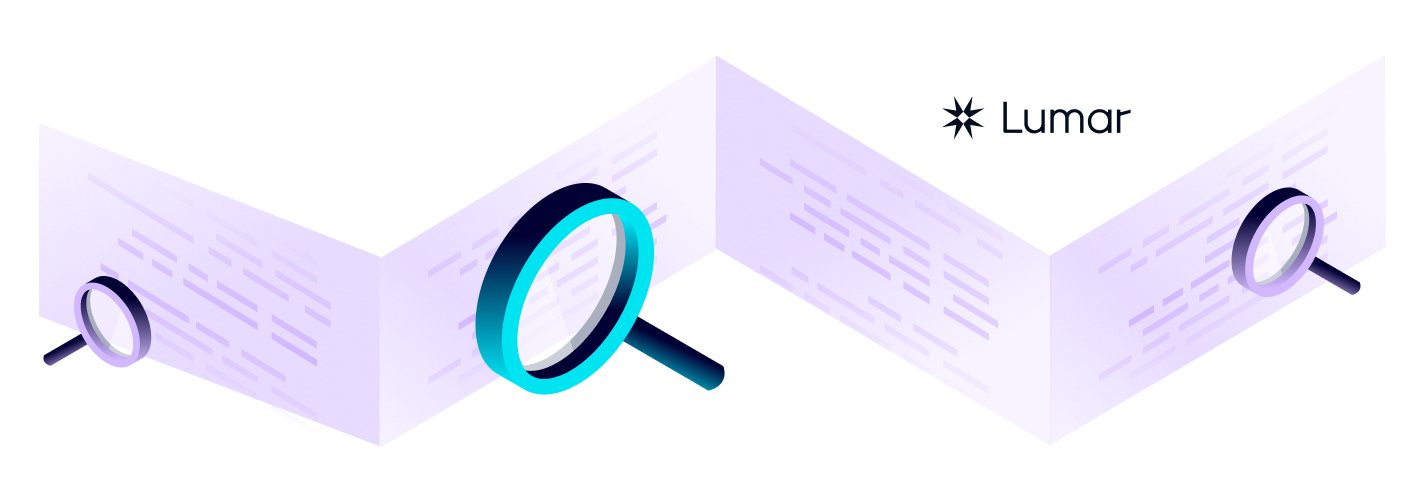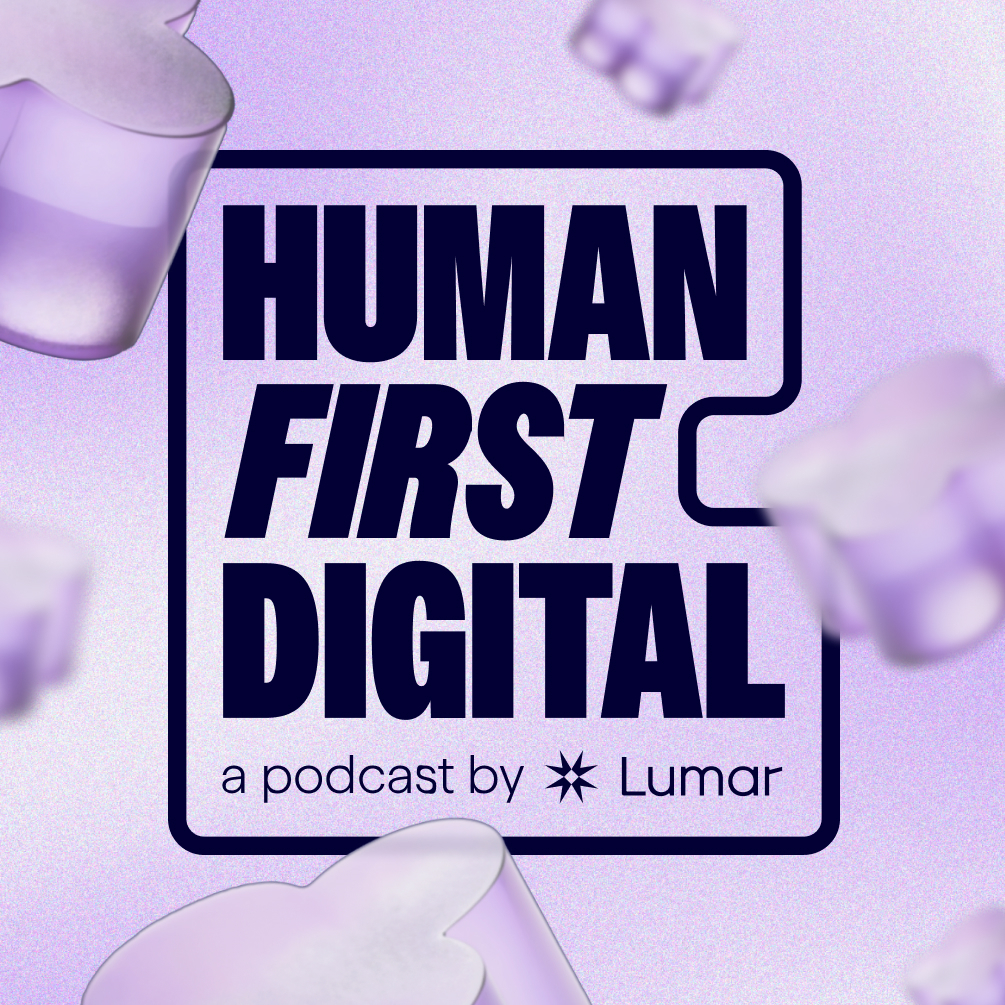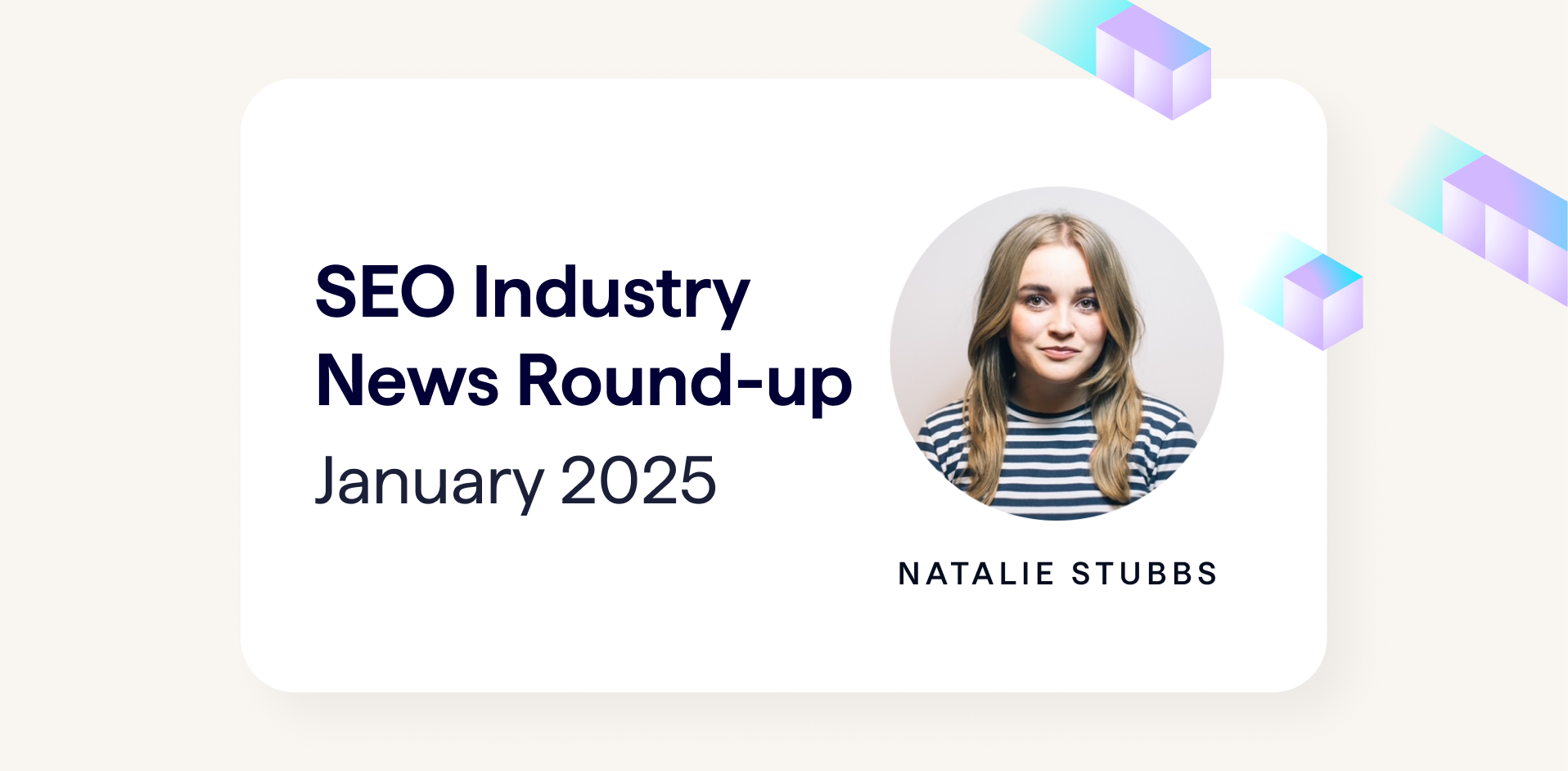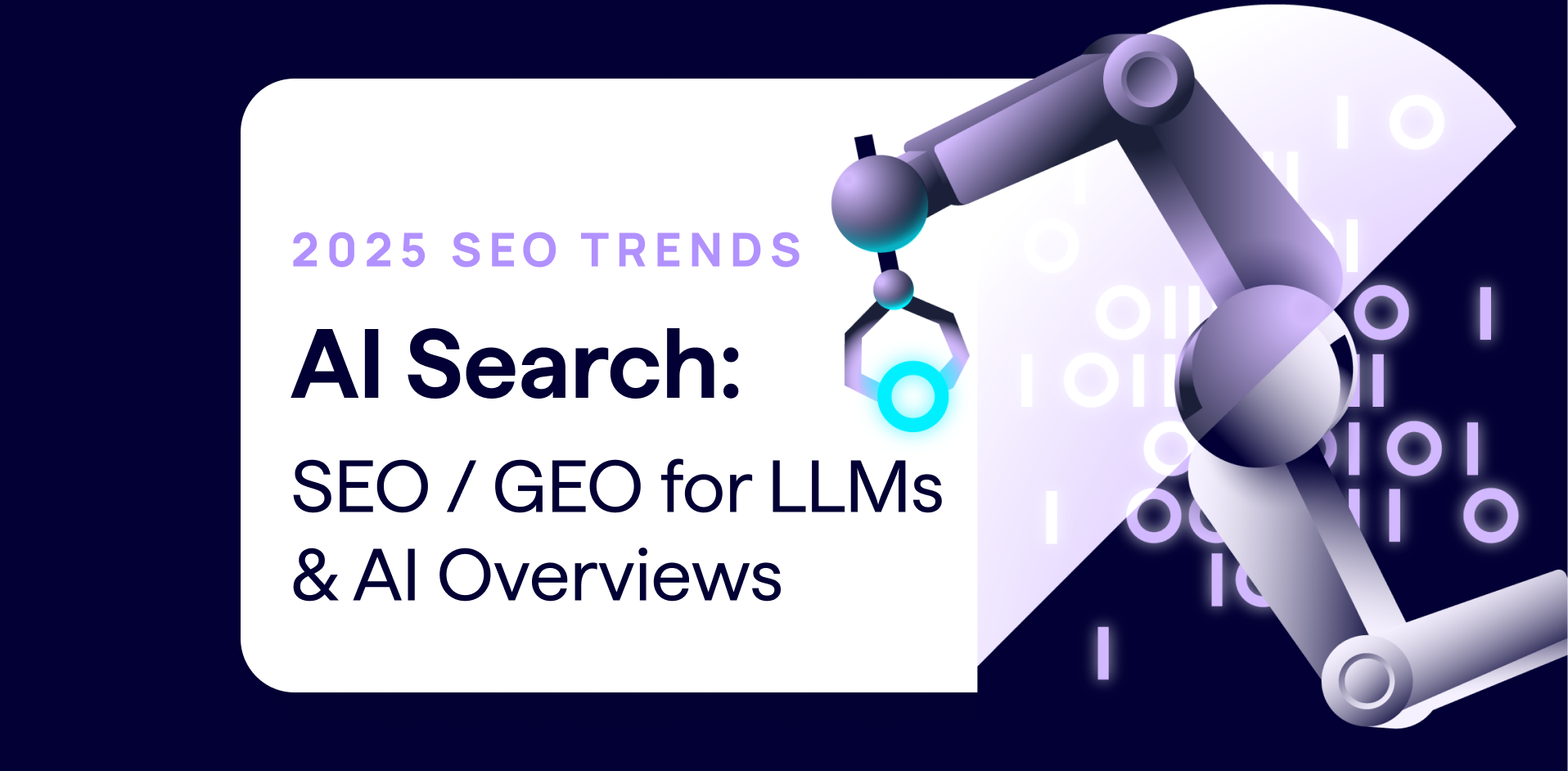What happened in SEO this month?
Each month, Lumar’s in-house tech SEO experts hand-pick some of the SEO industry’s top news items from across the web to keep you up-to-date on all things SEO and website optimization.
This month, our SEO news roundup includes:
- Google’s March 2025 Core Update is rolling out now
- Amazon and Quora are listed amongst the mid-update losers for the latest Core Update
- Google is linking to its own SERPs from AI Overviews
- Google has changed the refresh rate of JSON objects (now daily instead of weekly)
- 24-hour data is coming to the Google Search Console API
- AI tools are creating fake URLs that are causing 404 errors
- Google AI Mode details are revealed
Now, let’s dig into the key SEO headlines from March…
Google’s March 2025 core update is now rolling out
The update launched on March 13th and is expected to take approximately two weeks to complete. It’s the first core update to have been released in 2025.
Some sites reported increased ranking volatility in the days and weeks prior to the update, although Google has confirmed the two are unlikely to be related. Rather, the fluctuations were probably due to one of the smaller, unannounced updates that Google releases year-round.
(Source: Google Search Status Dashboard)
Amazon and Quora are listed among the March mid-Core Update losers
While it’s always recommended to wait until the dust has settled from any Google update before analyzing the results, early analysis of the March 2025 core update proves interesting. Findings from Sistrix show visibility drops for big hitters including Amazon, Quora, and a number of .gov sites. However, we’re yet to see whether these drops will last until the end of the rollout and beyond.
(Source: Sistrix)
Google links to its own SERPs from AI Overviews
Google has been testing a feature that links to additional search results from AI Overviews. While Google has stressed that the update is designed to facilitate a deeper exploration of topics, publishers have spoken out about the prominence of these links compared with the smaller icons that link to external sites.
(Source: SEO Roundtable)
Google changes the refresh time of JSON objects
Google has changed the refresh rate of JSON objects containing the Google crawler and fetcher IP ranges from weekly to daily. According to Gary Illyes, the change is based on feedback from large network operators.
(Source: Gary Illyes (via LinkedIn))
24-hour data is coming to the Google Search Console API
This month’s Google Search Central Live event included the news that 24-hour data will soon be coming to the Search Console API. Data from the last 24 hours has been available in GSC’s Search Performance report since December. This latest update means that users can retrieve near real-time data for use in internal tools or third-party platforms, too.
(Source: Search Engine Land)
Don’t fret over AI-“hallucinated” links, says Google’s John Mueller
AI-powered tools are increasingly generating non-existent URLs, according to many users on Bluesky. This sentiment is shared by Google’s John Mueller, who predicted the amount of “hallucinated” links appearing in AI-generated content will only increase until the technology gains a better understanding of ‘real’ URLs.
Mueller encouraged users to focus on more meaningful SEO metrics rather than worrying about false AI-generated links. In the meantime, it’s also suggested to work on your 404 page and make it a more useful place for users to land.
(Source: Search Engine Journal)
Introducing Google’s AI Mode (and many other potential features!)
Earlier this month, Google introduced an experimental “AI Mode” in Search. It promises to let users ask more complex questions and make the follow-up process more seamless. Available to a small set of users via Google Search Labs, the system runs multiple related search queries simultaneously via a “fan-out” technique.
However, what appears to be a recent leak shows 47 additional AI search features are currently being tested internally. These appear to be specific to various niches and suggest that Google is exploring many other AI-powered functionalities to enhance the Search experience beyond the central AI mode.
(Source: TechCrunch)







